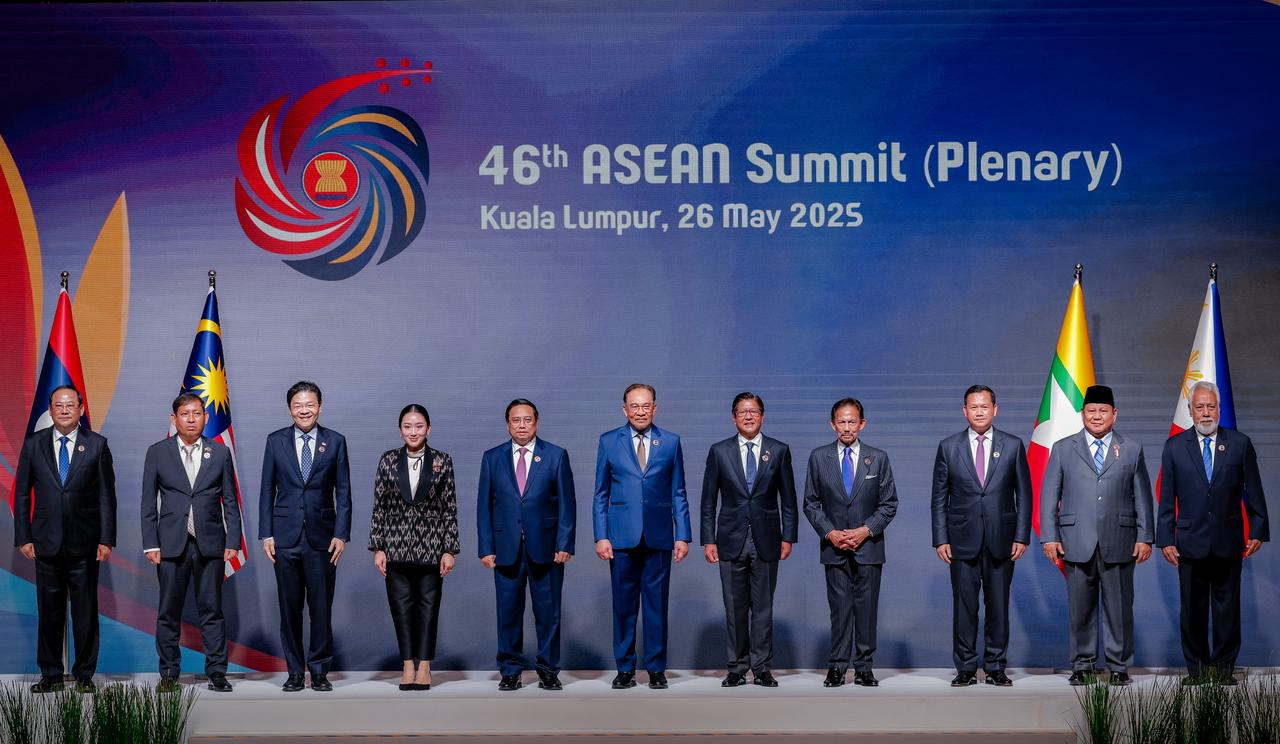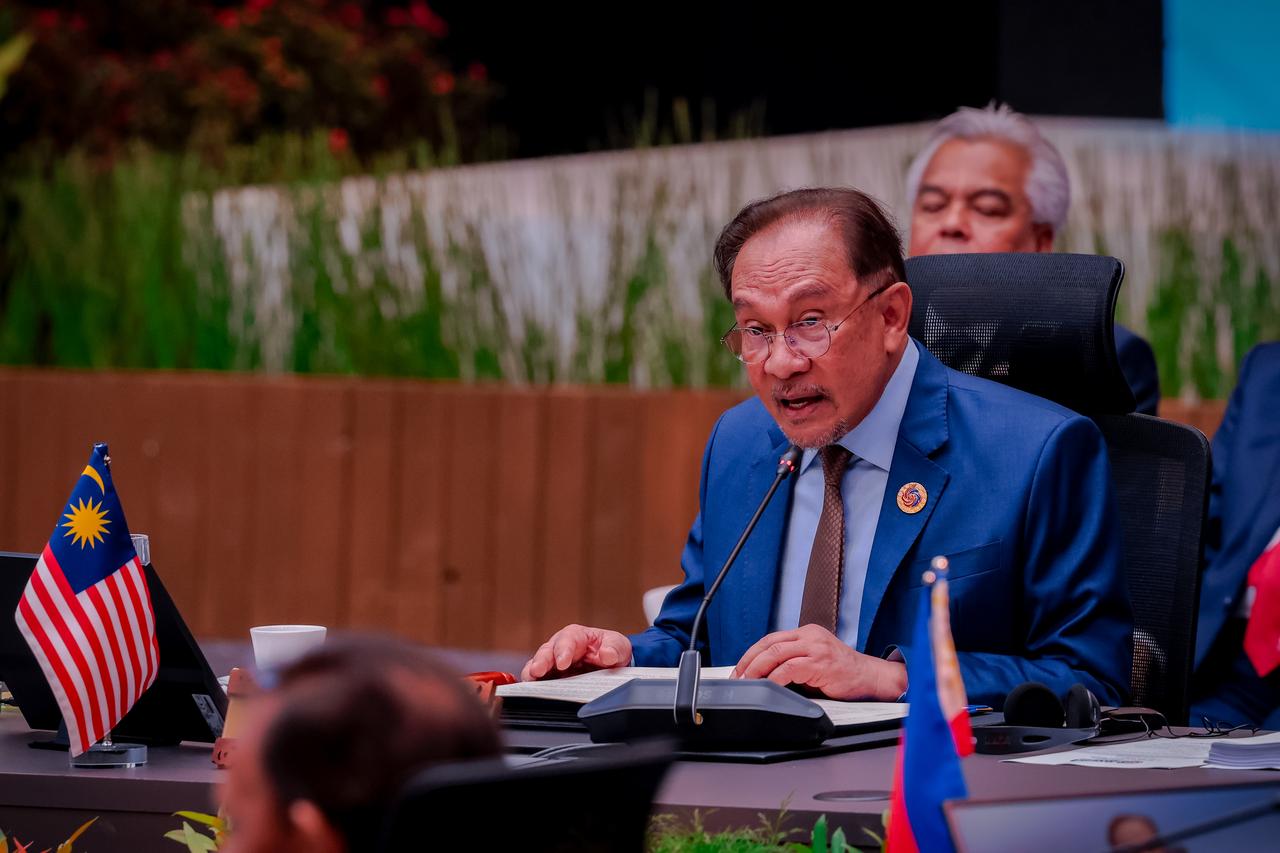
Southeast Asian leaders opened their 46th summit Monday with urgent calls for dialogue with Washington over trade tensions as the region grapples with mounting economic pressures from U.S. tariffs and ongoing security challenges.

Malaysian Prime Minister Anwar Ibrahim, serving as the rotating chair of the Association of Southeast Asian Nations, used his opening address to announce he has written directly to President Donald Trump requesting an ASEAN-U.S. summit this year to resolve escalating trade disputes.
The 10-member bloc faces U.S. tariffs ranging from 10% to 49% on various goods, though Trump announced a 90-day pause on the measures last month, creating a narrow diplomatic window that has prompted intensive negotiations between ASEAN capitals and Washington.
"Indeed, a transition in the geopolitical order is underway and the global trading system is under further strain with the recent imposition of US unilateral tariffs," Anwar told fellow leaders as the summit commenced with the traditional ASEAN handshake ceremony.
The Malaysian leader warned that the foundations of Southeast Asia's economic growth model are under threat from what he termed "arbitrary actions" by major powers. "Protectionism is resurging as we bear witness to multilateralism breaking apart at the seams," he said.
"For ASEAN, our peace, stability and prosperity have often depended on an open, inclusive, rules-based international order anchored in the free flow of trade, capital and people," Anwar said, adding that "these foundations are now being dismantled under the force of arbitrary action."
Despite the challenges, the Malaysian prime minister expressed confidence in ASEAN's resilience. "But again, I strongly believe in the fortitude and staying power of ASEAN to withstand the headwinds and weather the storms of the challenges and uncertainties facing us," he said.
The summit agenda extends beyond trade concerns to include the ongoing conflict in Myanmar and territorial disputes in the South China Sea, reflecting the complex security environment facing the region. Leaders are also set to engage with youth representatives, business leaders and parliamentary officials throughout the multi-day gathering.
A significant diplomatic milestone will be the first-ever ASEAN-China-GCC summit, bringing together the Southeast Asian bloc with China, its largest economic partner, and the Gulf Cooperation Council, signaling efforts to diversify economic relationships amid U.S. trade pressures.
The summit's centerpiece will be the signing of the Kuala Lumpur Declaration on ASEAN 2045: Our Shared Future, outlining the bloc's long-term strategic vision.
ASEAN comprises Indonesia, Vietnam, Laos, Brunei, Thailand, Myanmar, the Philippines, Cambodia, Singapore and Malaysia. Malaysia assumed the rotating chairmanship for 2025, positioning Anwar as the key intermediary in potential talks with the Trump administration.
The trade tensions represent a critical test for ASEAN's economic integration efforts and its strategy of maintaining neutrality among competing global powers while pursuing inclusive growth through open markets.